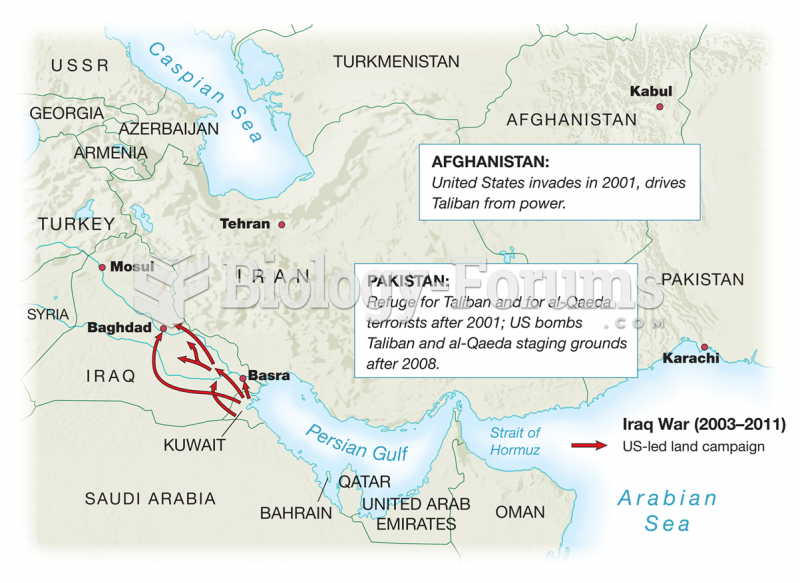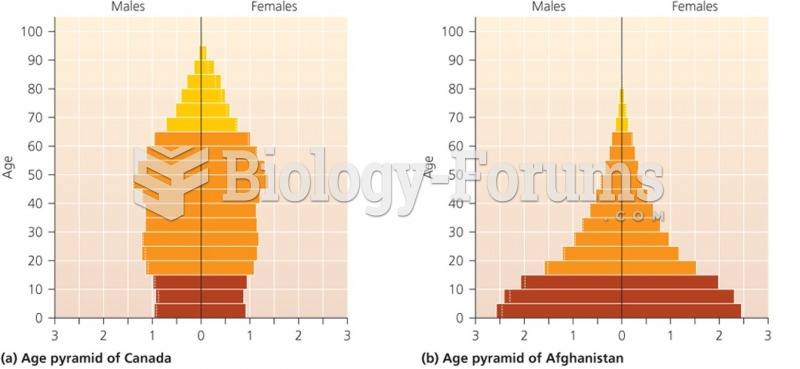|
|
|
All patients with hyperparathyroidism will develop osteoporosis. The parathyroid glands maintain blood calcium within the normal range. All patients with this disease will continue to lose calcium from their bones every day, and there is no way to prevent the development of osteoporosis as a result.
There are 60,000 miles of blood vessels in every adult human.
Drug abusers experience the following scenario: The pleasure given by their drug (or drugs) of choice is so strong that it is difficult to eradicate even after years of staying away from the substances involved. Certain triggers may cause a drug abuser to relapse. Research shows that long-term drug abuse results in significant changes in brain function that persist long after an individual stops using drugs. It is most important to realize that the same is true of not just illegal substances but alcohol and tobacco as well.
Though newer “smart” infusion pumps are increasingly becoming more sophisticated, they cannot prevent all programming and administration errors. Health care professionals that use smart infusion pumps must still practice the rights of medication administration and have other professionals double-check all high-risk infusions.
Bacteria have been found alive in a lake buried one half mile under ice in Antarctica.
 The 2012 U.S. presidential campaign rang with “get tough” cries to end Iran’s nuclear capacity and c
The 2012 U.S. presidential campaign rang with “get tough” cries to end Iran’s nuclear capacity and c
 The gaping hole in the destroyer USS Cole, in the port of Aden, Yemen, was the work of suicide bombe
The gaping hole in the destroyer USS Cole, in the port of Aden, Yemen, was the work of suicide bombe





